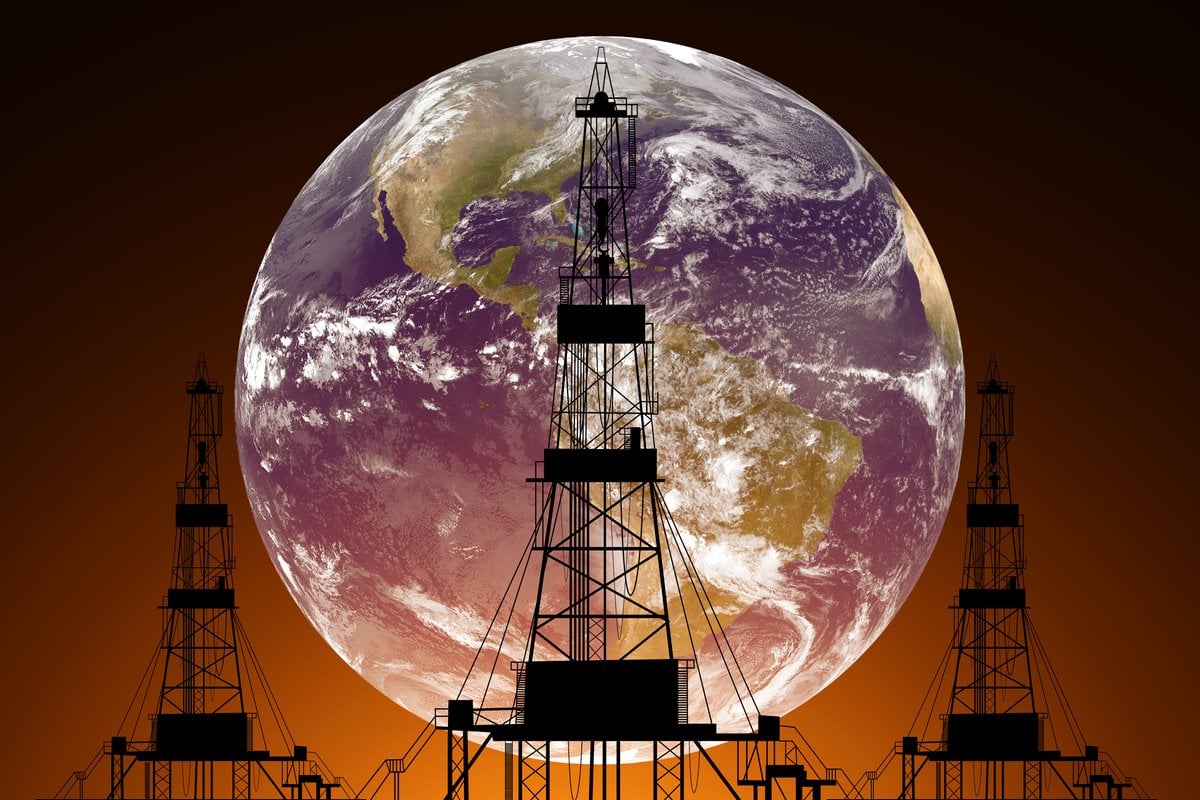
Today, April 22, is Earth Day.
As the past year of living in a pandemic has taught us, listening to the scientists on how to combat a crisis has never been more important. It's also taught us that by acting early, we can limit how devastating the ramifications are.
In a tradition that started more than 50 years ago, today will see millions of people from all corners of the globe protest for a cleaner, healthier environment.
So what exactly is the state of climate change today? Here are five important facts you may not have known about climate change.
1. The past six years, including 2020, have been the six warmest on record.
Last year was one of the three warmest years on record, with the average global temperature about 1.2°C above the pre-industrial level. Plus, the past six years, including 2020, have been the six warmest on record.
Scientists expect this upward trajectory to continue, which they say is concerning considering the increase of just 1°C has already caused glaciers to melt, more extreme weather events to occur more frequently, oceans to warm and sea levels to rise.
2. Climate change damages could cost the world $69 trillion by 2100.
The cost of climate change inaction is extreme - in both economic and human loss - leading economists to say addressing the crisis makes more fiscal sense.
Moody's Analytics predicts that the global economic damage of climate change is estimated to be $54 trillion by 2100 even if we manage to limit total warming to 1.5°C. If we limit it to 2°C, the economic damage will reach $69 trillion. This is because, as the study states, "more frequent and intense extreme weather events will increasingly disrupt and damage critical infrastructure and property, while rising sea levels will threaten coastal communities and island nations".


Top Comments